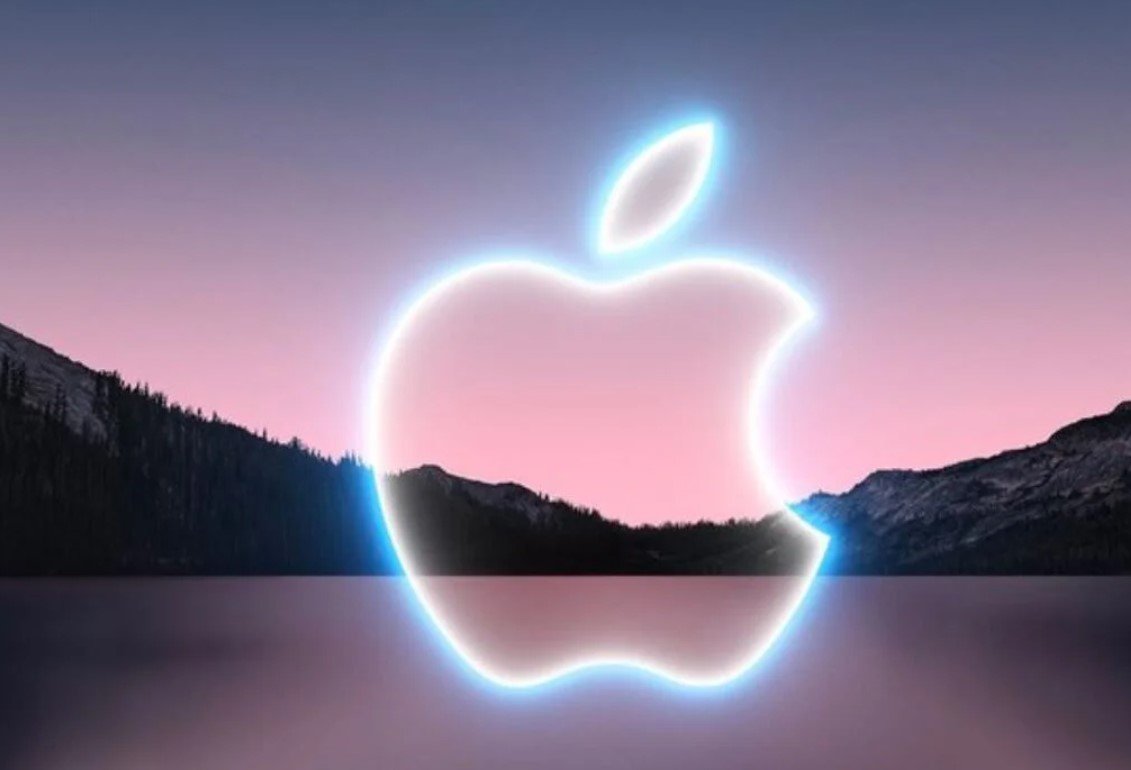Apple Inc. has reportedly scrapped its ambitious project to develop and design its own car, ending years of speculation and rumors about the tech giant’s entry into the automotive industry. According to reliable sources, Apple has informed its staff that it is no longer pursuing the car project, codenamed Project Titan, and that it will lay off or reassign the hundreds of engineers and car experts who were working on the vehicle.
The Apple Car project, which started in 2014, was one of the most secretive and hyped initiatives in the company’s history. Apple was said to be working on an electric, autonomous, and futuristic car that would revolutionize the transportation sector and challenge the likes of Tesla Inc., Volkswagen AG, and Toyota Motor Corp. Apple CEO Tim Cook had hinted at the car project several times, calling it “the mother of all AI projects” and “a core technology that we view as very important.”
However, the car project also faced many challenges and setbacks over the years, such as leadership changes, internal conflicts, technical difficulties, regulatory hurdles, and market uncertainties. The project also consumed a lot of resources and attention from the company, which may have affected its core businesses of iPhones, iPads, Macs, and services. The project also raised questions about Apple’s ability to compete and innovate in a new and complex industry that is very different from its existing domains.

Apple Faces Engineering, Safety, and Profitability Issues
One of the main reasons behind Apple’s decision to cancel the car project was the engineering challenge of making a car that meets Apple’s high standards of quality, performance, and design. Apple is known for its meticulous attention to detail and its obsession with perfection, which may have been difficult to achieve in the car industry, which involves a lot of variables, components, and suppliers.
Apple also faced safety issues, as making a car involves a lot of risks and liabilities, especially when it comes to autonomous driving. Apple may have been wary of the potential accidents, lawsuits, and reputational damage that could arise from its car project, especially after the fatal crash of a Tesla Model S in 2016, which involved the use of Tesla’s Autopilot system. Apple may have also been concerned about the ethical and moral dilemmas that come with autonomous driving, such as how to program the car to make life-and-death decisions in emergency situations.
Another reason behind Apple’s decision to cancel the car project was the profitability issue, as the car industry is known for its low margins and high competition. Apple may have realized that making a car would not be as lucrative as making its other products, which enjoy high margins and loyal customers. Apple may have also seen that the car market is becoming saturated and commoditized, with many players offering similar products and features. Apple may have also been discouraged by the impact of the COVID-19 pandemic, which has reduced the demand and supply of cars around the world.
Apple Shifts Its Focus to AI and Other Ventures
Apple’s cancellation of the car project does not mean that the company is giving up on innovation and diversification. Apple is still working on other ventures, such as augmented reality, virtual reality, health care, and education, which could offer new opportunities and growth for the company. Apple is also still investing in artificial intelligence, which is a key technology for the future of computing and communication.
Apple may also still have some involvement in the car industry, even if it does not make its own car. Apple may still license its software, hardware, or services to other car makers, such as its CarPlay system, which allows users to access their iPhones on their car screens. Apple may also still partner with other car makers, such as Hyundai Motor Co., which was rumored to be in talks with Apple earlier this year. Apple may also still acquire or invest in other car companies, such as Rivian Automotive Inc., which is backed by Amazon.com Inc. and Ford Motor Co.
Apple’s cancellation of the car project may also have some positive effects for the company, such as freeing up resources and attention for its core businesses, which are still generating strong revenues and profits. Apple may also avoid the potential pitfalls and problems that could come with making a car, such as engineering, safety, and profitability issues. Apple may also preserve its reputation and image as a leader and innovator in the tech industry, rather than risking them by entering a new and uncertain domain.
